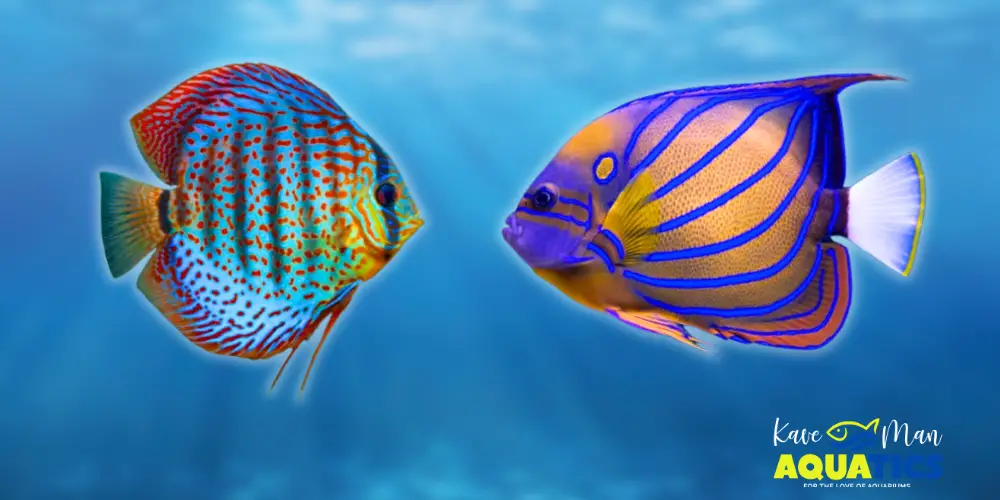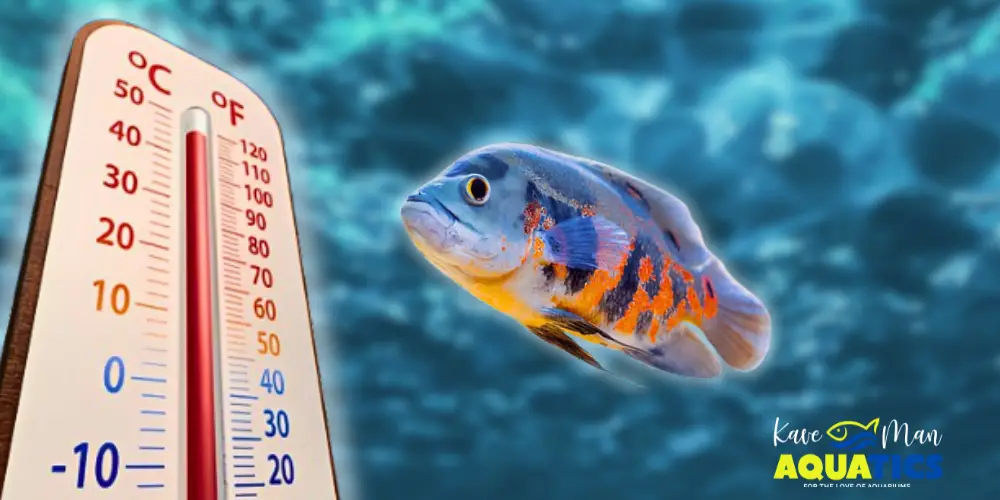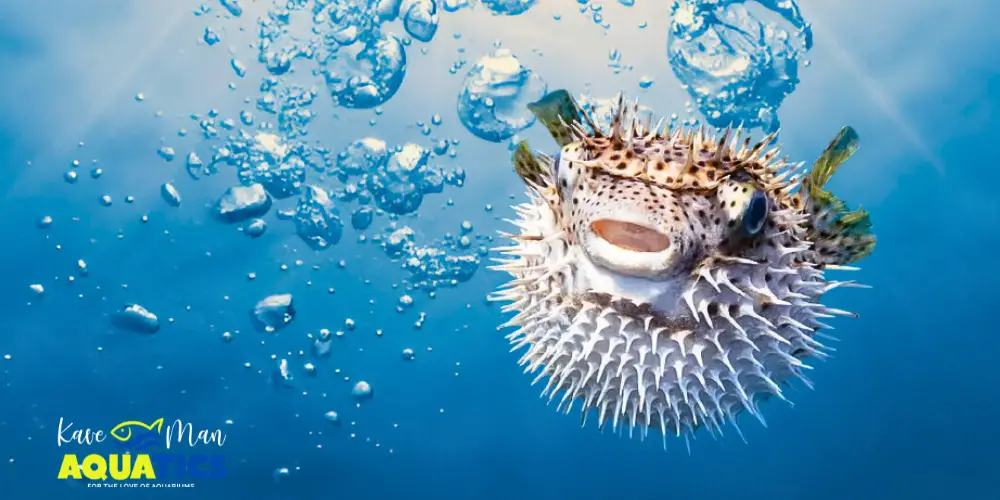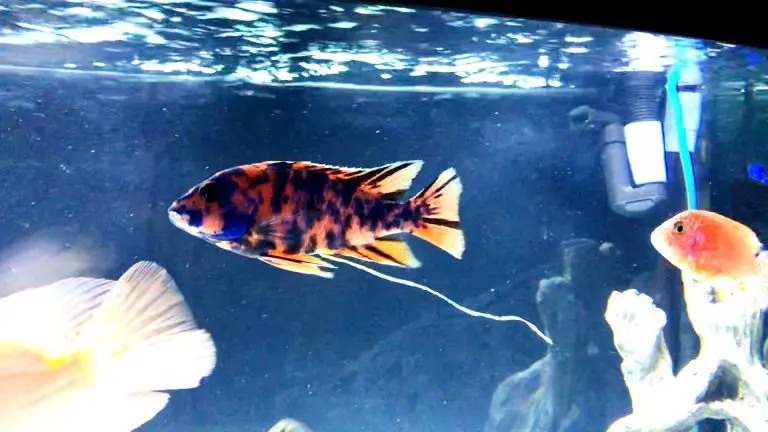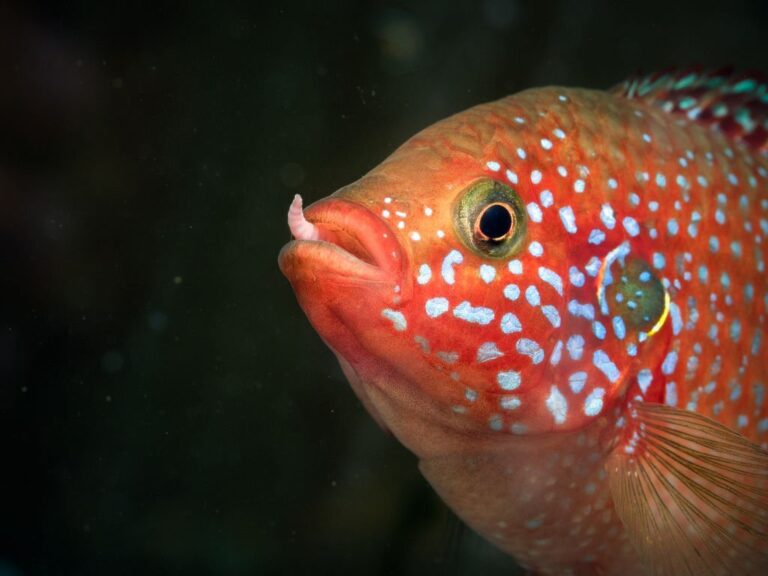Freshwater vs Saltwater Tanks: Which One is Right for You?
So, you’re thinking about setting up an aquarium, but you’re torn between freshwater vs saltwater tanks. It’s a classic debate in the fishkeeping world, like cats vs. dogs or coffee vs. tea. Each option has its own perks, challenges, and aesthetic appeal, but which one suits you best? Let’s break it down and help you make the right choice.
Freshwater vs Saltwater Tanks: The Key Differences
Before diving in (pun intended), let’s break down the major differences between these two.
| Feature | Freshwater Tanks | Saltwater Tanks |
| Difficulty Level | Beginner-friendly | Requires experience |
| Cost | Budget-friendly | More expensive |
| Fish Variety | Many hardy species | Exotic, colorful species |
| Maintenance | Easier upkeep | Requires careful monitoring |
| Equipment Needs | Basic filtration and heating | Protein skimmers, high-quality lighting, reef-ready setups |
Now, let’s take a closer look at what makes each type unique.
Freshwater Tanks
Freshwater tanks are like the friendly neighborhood pets of the aquarium world — affordable, forgiving, and full of personality. Here’s why they might be your perfect match:
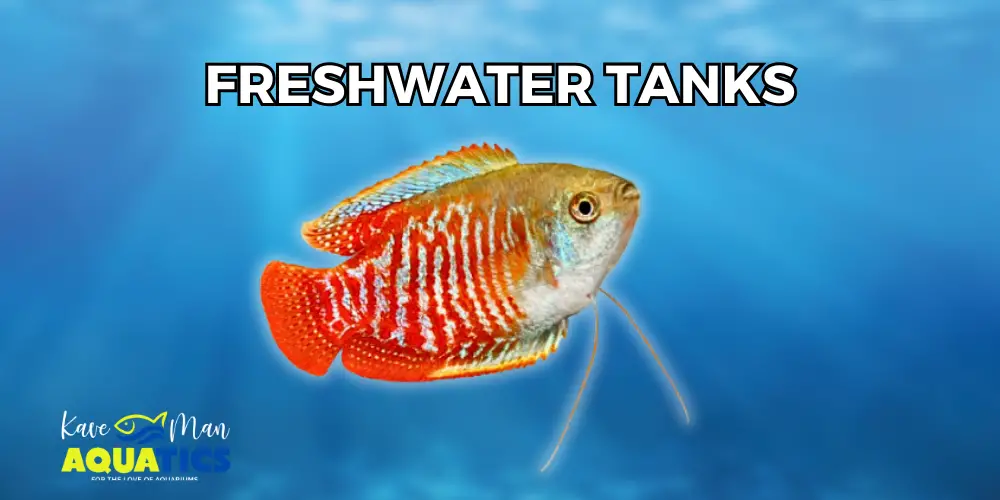
Pros
- Beginner-friendly: Freshwater tanks require less specialized equipment. Mistakes in water chemistry are usually easier to correct.
- Budget-conscious: The cost of freshwater fish, equipment, and tank decorations is significantly lower than saltwater setups. Learn more about budget-friendly fishkeeping.
- Lower maintenance: Routine care such as water changes, gravel vacuuming, and filter maintenance is relatively simple and does not require complex chemical balancing.
- Wide fish selection: Popular species such as bettas, guppies, tetras, and cichlids thrive in freshwater environments.
- Live plants: Freshwater tanks can support a variety of live aquatic plants, which help maintain water quality by absorbing excess nutrients and providing natural shelter for fish.
Cons
- Less variety in fish appearance: While freshwater fish come in many beautiful colors and patterns, they tend to lack the striking vibrancy of saltwater species.
- Limited coral options: If you’re drawn to the idea of a thriving coral reef, freshwater tanks won’t satisfy that craving.
- Water stability concerns: Although easier to manage, freshwater tanks are still susceptible to ammonia spikes, algae growth, and pH fluctuations, which require monitoring.
Saltwater Tanks
Saltwater tanks are the luxury sports cars of the aquarium world — stunning, complex, and requiring a bit of expertise. If you’re up for the challenge, here’s what you need to know:
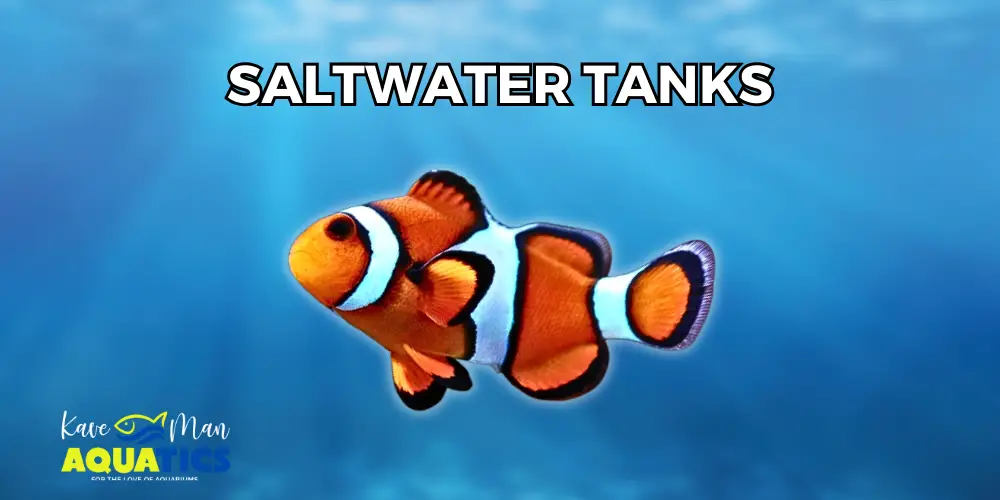
Pros
- Stunning aesthetics: Saltwater fish are some of the most colorful and unique marine creatures on the planet, including iconic species like clownfish, tangs, and wrasses.
- Coral reefs and marine life: Unlike freshwater setups, saltwater tanks can house living coral reefs, which create breathtaking underwater ecosystems.
- More unique species: From seahorses to starfish, saltwater aquariums allow hobbyists to keep fascinating marine animals that aren’t found in freshwater environments.
- Greater biodiversity: Saltwater tanks can host a variety of invertebrates, including shrimp, crabs, snails, and anemones.
Cons
- Higher cost: The upfront investment in specialized lighting, protein skimmers, and water mixing equipment makes saltwater tanks significantly more expensive.
- Complex water chemistry: Maintaining a stable salinity level, monitoring pH, and ensuring the correct levels of calcium, alkalinity, and trace elements require precision and experience.
- Time-intensive upkeep: Regular water testing, protein skimming, and periodic adjustments to salt levels demand more time and commitment than freshwater tanks.
- Not ideal for beginners: Mistakes in saltwater aquariums can be costly, as small changes in water parameters can quickly lead to fish stress or death.
Need more info? Here’s all you need to know about starting a saltwater tank.
Common Myths About Freshwater and Saltwater Tanks
There are plenty of misconceptions surrounding both freshwater and saltwater aquariums. Let’s clear up a few myths.
“Saltwater tanks are impossible for beginners.”
While saltwater aquariums require more maintenance, beginners who do thorough research and start with hardy species can absolutely succeed.
“Freshwater fish aren’t colorful.”
Yes, saltwater fish tend to be more vibrant, but freshwater species like discus, bettas, and certain cichlids come in stunning colors.
“You can turn a freshwater tank into a saltwater tank easily.”
It’s not as simple as adding salt! Saltwater tanks require different filtration, lighting, and maintenance routines. Easily switch to saltwater tanks with our guide.
“Saltwater tanks require constant water changes.”
While regular maintenance is crucial, a well-balanced saltwater tank can remain stable with proper care and equipment.
“Freshwater tanks don’t need water testing.”
Even though freshwater is more forgiving, it’s still important to monitor your water and its pH, ammonia, nitrites, and nitrates for a healthy environment.
Curious about reef tank myths? We got you!
Best Fish for Beginners in Each Tank Type
If you’re just starting out, choosing the right fish is a must. Here are some beginner-friendly options for both tank types.
Best Freshwater Fish for Beginners
- Betta Fish: Hardy and easy to care for, with stunning colors.
- Guppies: Small, vibrant, and breed easily.
- Neon Tetras: Peaceful and beautiful schooling fish.
- Platies: Low-maintenance and adaptable.
- Corydoras Catfish: Great bottom-dwellers that help keep the tank clean.
Best Saltwater Fish for Beginners
- Clownfish: Hardy, easy to care for, and full of personality.
- Damselfish: Vibrant and resilient, but can be territorial.
- Firefish Goby: Peaceful, striking fish that adapt well.
- Blennies: Fun, quirky fish that help with algae control.
- Cardinalfish: Low-maintenance and beginner-friendly.
Which One is Right for You?
So, should you go freshwater or saltwater? Ask yourself the following:
- Are you a beginner? Freshwater is your best bet.
- Do you want a budget-friendly option? Freshwater wins again.
- Are you looking for exotic, colorful fish? Saltwater is the way to go.
- Do you love the idea of a coral reef? Saltwater is your answer.
- Do you have the time and budget for complex maintenance? If yes, saltwater is worth considering.
Final Verdict: There’s No Wrong Choice
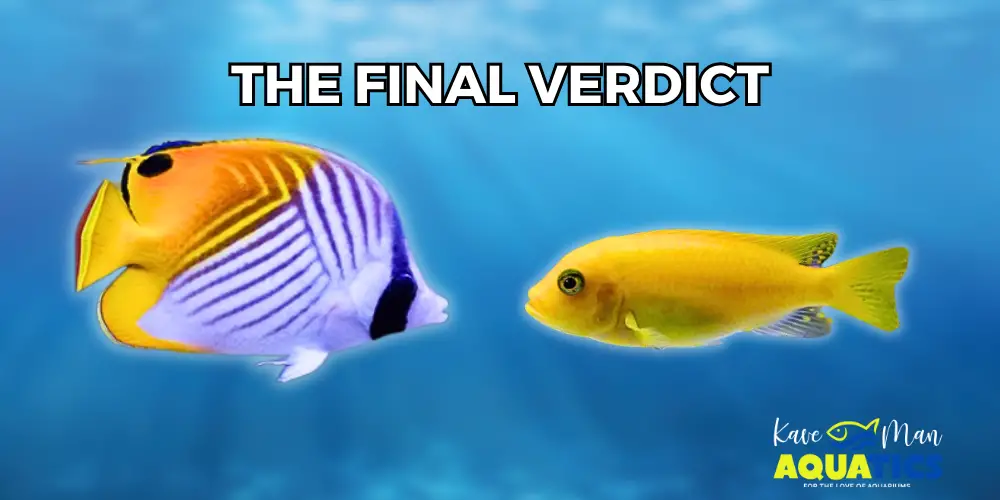
Both freshwater and saltwater tanks have their own magic. If you’re just starting out, a freshwater setup will ease you into the hobby without overwhelming you. But if you’re willing to invest time, money, and effort into a breathtaking marine ecosystem, saltwater might be the ultimate goal.
Whichever path you choose, remember — the key to a thriving tank is proper research, patience, and a passion for aquatic life. So, are you ready to take the plunge?
Build Your Freshwater or Saltwater Tank With Aquabuildr!
No matter which path you choose, Aquabuildr is here to help! Aquabuildr is the first-ever intelligent aquarium-building app designed to take the guesswork out of setting up and maintaining a thriving tank. Whether you’re interested in freshwater vs saltwater tanks, our app provides:
- Custom tank-building tools that help you design your perfect aquarium.
- An intelligent algorithm that suggests compatible fish based on tank size, water parameters, and fish temperament.
- Tank monitoring assistance to keep your ecosystem healthy.
- Starter tank recommendations from 5-gallon setups to 150-gallon masterpieces.
With Aquabuildr, you can confidently build and maintain the perfect tank for your fish. Download Aquabuildr on the Google Play Store and Apple App Store!
Best Saltwater Fish for Beginners
Discover the best saltwater fish for beginners! Explore colorful, low-maintenance fish that are perfect for starting your first saltwater tank.
7 Easy Ways to Keep Your Aquarium Cool This Summer
Don’t let summer heat stress your fish! Here’s how to keep your aquarium cool, calm, and collected all season long.
Do You Really Need a Protein Skimmer in Your Saltwater Tank?
Wondering if a protein skimmer is worth it? Find out if your saltwater tank really needs one and what it actually does for your setup.

